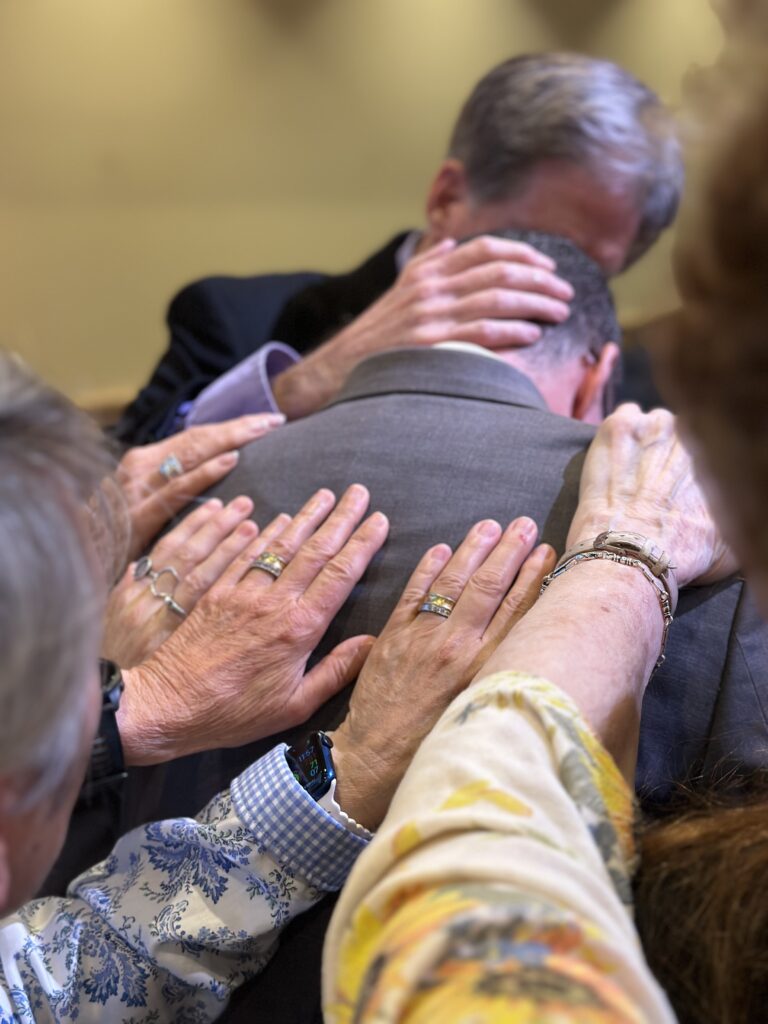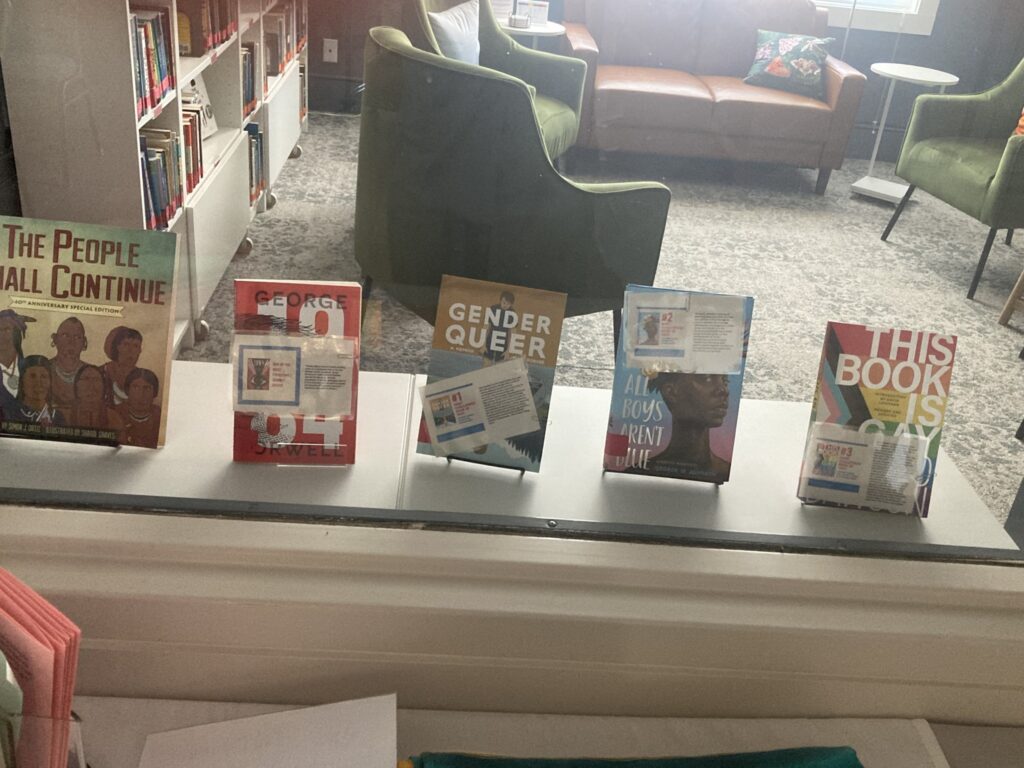MORGAN’S NAMING CEREMONY
We had an interesting church service yesterday. We celebrated the baptism and naming ceremony for a transgender man named Morgan.
Morgan had driven by our church countless times. He had seen our signs proclaiming inclusivity, but he did not trust church rhetoric. The larger church had told him that gender is binary and that people like him who do not fit into the church’s simplistic duality were a dangerous perversion. When Morgan finally did come to our church, he sat on the back row as near to the exit as he could get.
When I got a chance to meet Morgan for coffee I realized he was the person I had read about in the Washington Post. Morgan resigned from a position with the state of Texas because he realized he was unintentionally helping Gov. Greg Abbott and the State of Texas traumatize families whose teens were struggling with issues of gender and identity.
I found out quickly that Morgan is a very innocent and trusting person. I realized my tacky sense of humor was going to be a problem. After we got to know each other, Morgan said he had seen the Transgender flag on our church sign. I acted embarrassed and said, “Oh, I’m so sorry. That was the flag of Uruguay!” Eventually Morgan laughed, but I realized I needed to be more careful with this innocent and trusting soul.
I, too, had learned in church a simplistic moralism based on a binary notion of gender. After all, the Bible says that God created humans male and female. In seminary I learned that taking a Hebrew word literally in English can lead to terrible errors.
For example, the Bible also says God created night and day. That does not mean that there is only night and day. It does not mean that dusk and dawn are perversions. I realized the mistakenness of moralism based on a binary understanding of gender when I was in seminary.
I was serving as a chaplain in a hospital in Oklahoma. One day, when I decided to take a break in the surgery library, a huge book caught my eye. The book must have been six inches across. Curious about what such a large book might be, I went up to get a closer look.
To my shock the book was about surgery procedures for children born between binary genders. Opening the book I read with horror and fascination about members of my human family who did not fit in my simplistic binary definitions. I realized if this ambiguity was happening externally, I had no idea what was happening invisibly inside other people. I realized I had to leave my simplistic certainty behind if I was to follow the call to love.
My text for Sunday’s sermon was Paul’s great passage in Galatians:
“There is neither Jew nor Greek, there is neither slave nor free, there is neither male nor female; for you are all one in Christ Jesus.”
I hear that passage saying that Christlike love for other people must be bigger than their (or our) gender roles, bigger than their (or our) politics, and even bigger than their (or our) religion. We are not baptized into Christianity but into universal love.
In the early church, baptized people often given a new name to honored their new life. We wanted to celebrate Morgan’s new life by honoring name he has chosen for himself. Rev. Babs Miller handled the naming ceremony using a liturgy shared by the Rev. Janie Spahr.
During the baptism, Morgan was crying. Most of the congregation was crying. After the baptism the congregation rose to give Morgan a standing ovation. They wanted him to know he was a beloved and honored member of our church family . When the ceremony ended, and the Sanctuary was filled with joyous chaos Morgan bent over and whispered conspiratorially, “Viva Uruguay!”

